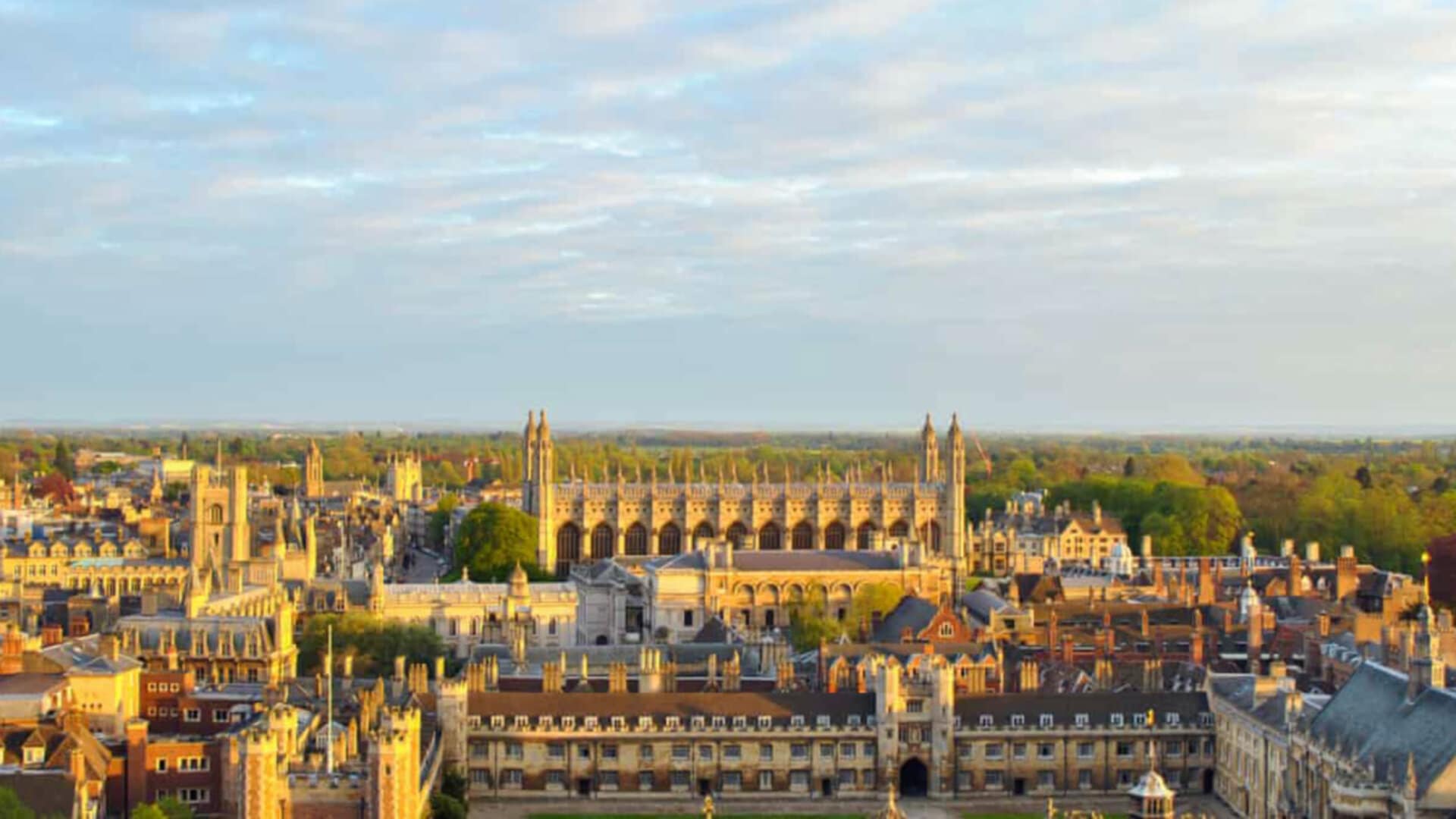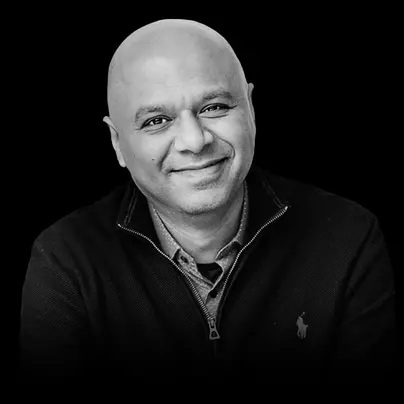Defining the Next Wave of Sensory Transformations - A Reflection on the Nokia Bell Labs partnership with the University of Cambridge

We are living in an exciting time - a time that is defined by the rise of AI-supported sensory systems, that promise to profoundly impact the way we live, act, learn, and behave as social human beings. Naturally, this paradigm shift has attracted tremendous attention from our industry, and planetary-scale efforts are underway to develop transformative AI solutions, however, we will do so both responsibly and ethically. We at Nokia Bell Labs are at the forefront of shaping this fantastic future ahead of us, purposefully contributing to this new digital revolution where networks, data and devices work seamlessly and intelligently together to create an ecosystem that will impact every facet of our lives each day.
With the ambition of leading in this fast-paced innovation landscape, Nokia Bell Labs crystalized its long-standing relationship with the University of Cambridge in 2018 by becoming a founding partner of a brand-new research centre. The prime objective of this centre is to advance state-of-the-art mobile systems, security, new materials, and artificial intelligence, with particular emphasis on precise, predictive and personalized medicine, digital, physical, mental, and social well-being, and sensory human communication experiences beyond vision and audio.
On this first anniversary of this centre, we reflect on some of the achievements of this partnership.
Research - Redefining Sensory Intelligence
Deep learning is causing a seismic shift in our industry, literally transforming every business. However, two of the fundamental problems in this branch of artificial intelligence is the lack of quality data and explainability. The centre is investigating Bayesian deep learning techniques as a promising way forward to address these critical challenges. The early results of this algorithmic exploration with acoustic signals has already demonstrated the plausibility of this approach in redefining deep learning. The implication of this research will help users to ultra-personalize AI services and systems (e.g., conversational agents, health appliances, etc.) to meet their lifestyles.
Sensory earables (smart devices worn in the ear) are increasingly becoming a mainstream computing platform for human sensing applications, especially for health and well-being applications. Centre researchers are actively building signal processing and machine learning algorithms to enable sensory earables to become, for the first time, a cognitive augmentation platform. Such technology could help people with hearing, and memory impairments to live independently.
Outreach - Building a Community of Excellence
Within only 12 months after the launch, the centre has become the nucleus of mobile, wearable and ubiquitous systems research in the U.K. ecosystem. The centre organised two highly successful symposia MobiUK (https://mobiuk.org), with the first edition at the University of Cambridge and the second edition at the University of Oxford, bringing together researchers in this space from across the U.K. and beyond. In addition, the centre organized a series of seminars bringing world-leading speakers to discuss the future of this area. Finally, together with Nokia Bell Labs Cambridge, the centre organized the very first international workshop on Earable Computing - taking the leadership role in defining and shaping a brand new research community globally (http://www.esense.io/earcomp/index.html).
Relationship - Strengthening the Bond
Since the launch of the centre, the University of Cambridge has invited four Bell Labs researchers into the Department of Computer Science and Technology as industrial visitors, a capacity that enabled these researchers to engage freely and exchange thoughts on mutual research beyond the scope of topics address at the centre.
“Being a visitor at the Computer Lab was an excellent opportunity for me,” said Dr. Marios Constantinides. “Focused interactions with various professors helped me a lot to shape my research idea and also inspired me to think more broadly.”
Nokia Bell Labs Cambridge also welcomes the centre researchers freely in its offices and frequently organizes informal gatherings with research talks to create opportunities for spontaneous interaction and the flow of ideas. "The researchers at Nokia Bell Labs show a genuine interest in my work, which leads to very stimulating discussions and collaborations,” commented Centre researcher Lorena Qendro. “In the last few months, I have been actively working with Alberto Gil Ramos, whose experience and math background have helped me to materialise my research ideas on Bayesian Neural Nets."
The long history of Nokia Bell Labs has taught us the power of collective intelligence in redefining the future of human society. This partnership may be in its infancy, but this beginning indeed holds the promise of something spectacular - time will tell how soon this partnership will usher in the next wave of digital transformation.
